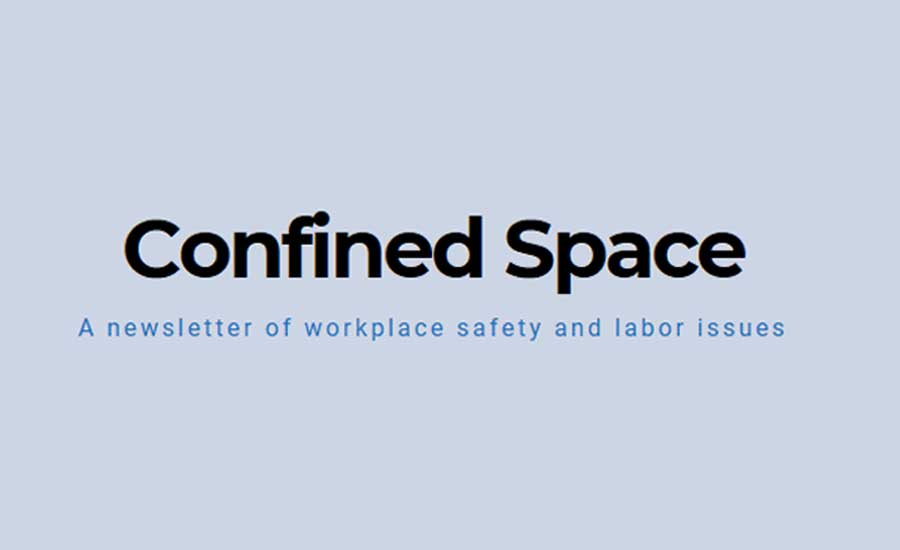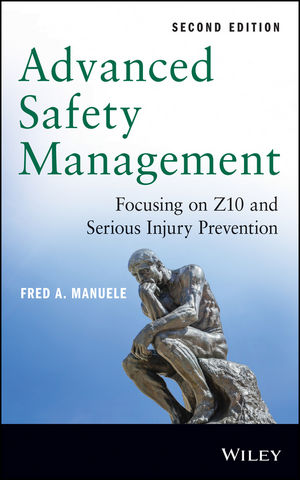Posted with permission from Confined Space, a newsletter of workplace safety and labor issues.
Last month, without any warning or explanation, Vanessa Sutherland announced her resignation as Chair of the Chemical Safety Board. Earlier this week we learned why. More money and more love.
Norfolk Southern announced that Sutherland had been hired as Vice President, Legal, for the giant rail corporation. Norfolk Southern Railway Co. is a major transporter/hauler of coal and other commodities serving every major container port in the eastern United States with connections to western carriers. Headquartered in Norfolk, Va., the company employs more than 30,000 union workers.
Sutherland will likely be making significantly more money than her position as CSB chair, but it’s not likely that her job will be any easier.
Although the company seems to have cleaned up its act, from 2011 through 2013 OSHA ordered Norfolk Southern to pay compensatory and punitive damages to workers totaling well over $4 million for violating workers’ rights under the whistleblower provisions of the Federal Railroad Safety Act (FRSA). OSHA has no authority over safety and health conditions of America’s rail workers, but the FRSA gives OSHA authority over whistleblower provisions of the law.
Here’s are a couple of typical cases:
Happily, things seem to have calmed down since then. Hopefully Sutherland can help keep them that way.
Sutherland’s Legacy
Sutherland joined the CSB in 2015 promising to calm the waters of the troubled agency and reduce the backlog of unfinished reports that then stood at six. But as Jeff Johnson notes in Chemical and Engineering News, staff morale problems may be getting worse, and
Now, as Sutherland departs, nine accident reports are in process, three more than when she arrived. One of these occurred in 2014, before she took over the board. That accident at a DuPont site involved a chemical process mix-up in which methyl mercaptan was accidentally released, killing four workers. The incident led the Occupational Safety & Health Administration (OSHA) in 2015 to label DuPont a severe violator of workplace safety regulations, a consequence that increased enforcement scrutiny and fines. However, CSB has yet to finalize its interim accident report.
After Sutherland’s departure, Board member Dr. Kristen Kulinowski was named the agency’s Interim Executive Authority.
On Her Way Out the Door
One of Sutherland’s last acts was the final removal of Dr. Daniel Horowitz, who had been CSB Managing Director under former Chair, Dr. Rafael Moure-Eraso. Moure-Eraso resigned in 2015 while under investigation by Congress and the Inspector General for mismanagement of the agency, abuse of power, employee retaliation, lack of honesty in his communications with Congress and use of personal email accounts for agency business. Horowitz had been on administrative leave since Moure-Eraso’s resignation.
Meanwhile, President Trump has proposed for the second year in a row that the small agency be eliminated and although it is unlikely that Congress will go along, constant threats of execution by firing squad can’t be good for staff morale or the agency’s ability to fill vacancies.
Click here to visit Confined Space.
Click here to donate to Confined Space.



